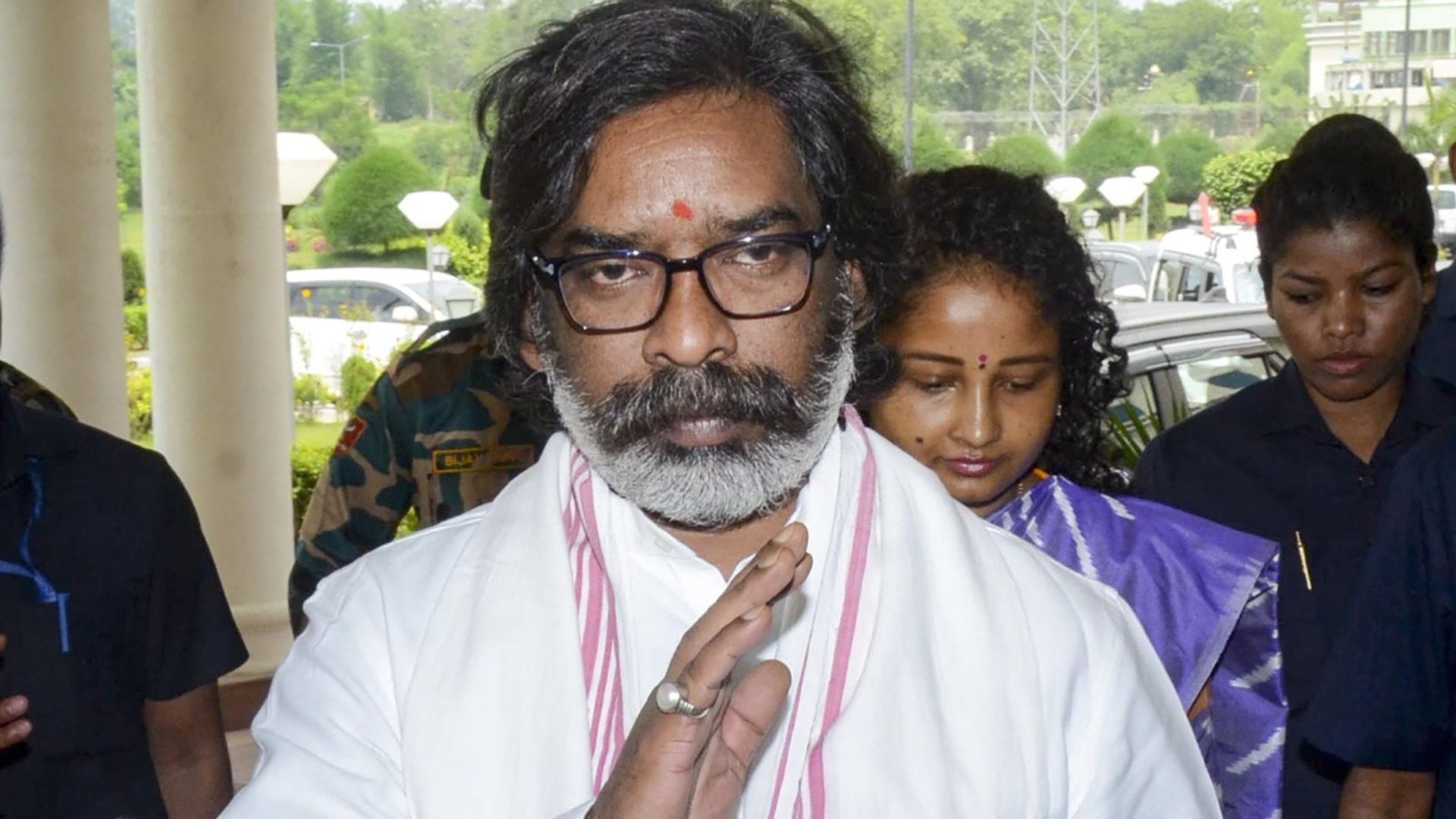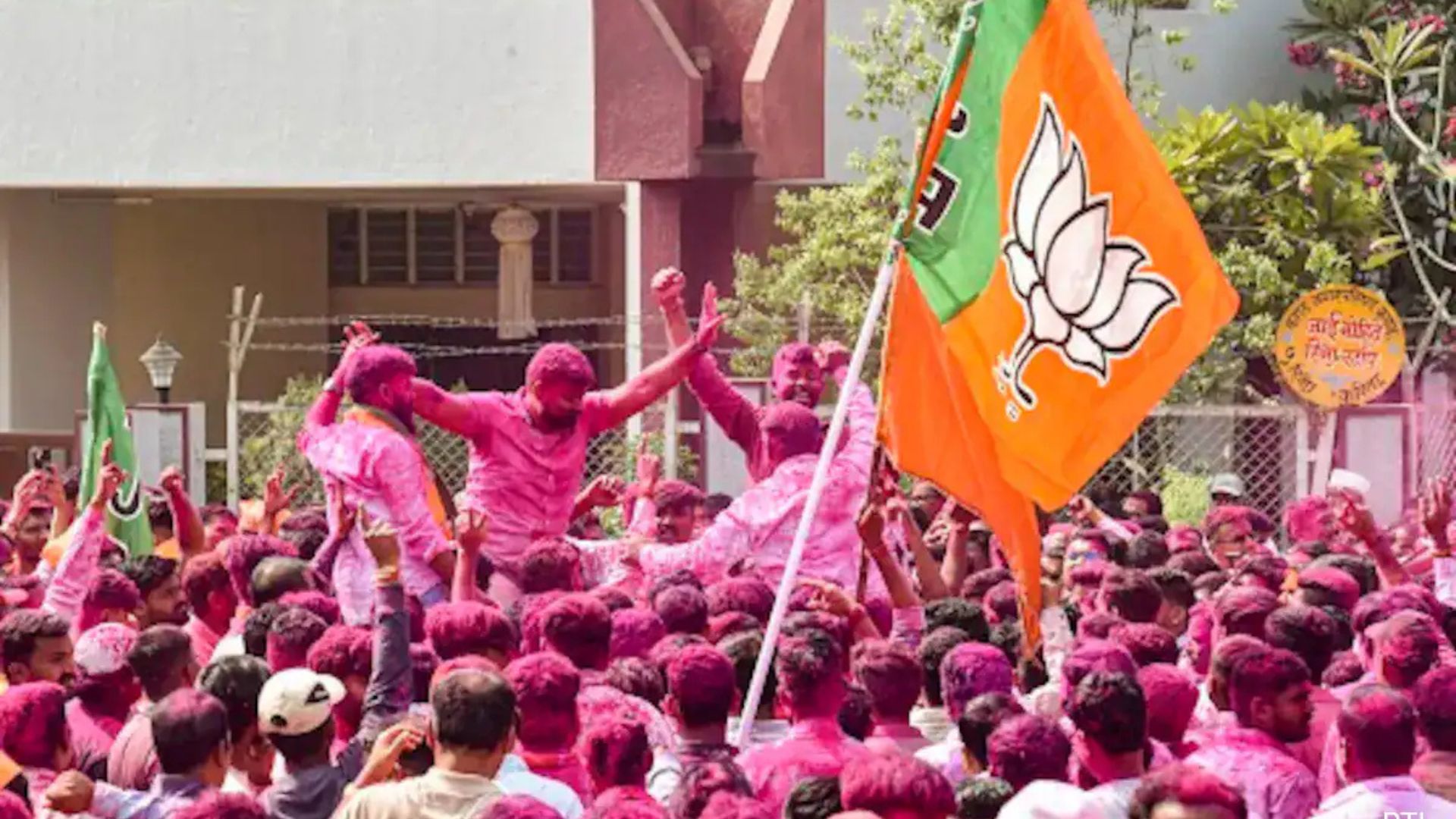
The University Grants Commission (UGC) has outlined various initiatives to ensure a smooth and stress-free Common University Entrance Test for Undergraduate (CUET-UG). These measures include expanding the number of test centers, conducting the exam in hybrid mode, timely availability of admit cards, scheduling breaks between exams held on the same day, and maintaining a moderate difficulty level for the tests.
UGC chief M Jagadesh Kumar stated in an interview with ANI that the National Testing Agency (NTA), responsible for conducting CUET, will announce the test cities a week before the exam date. Regarding the hybrid mode of conducting the exam, he said, “Since this time, NTA is conducting CUET-UG in hybrid mode, we will have more centres in cities, and students will get the centres of their choice. For security reasons, students can download admit cards a few days before the test.”
The aim of these steps is to improve accessibility, reduce logistical challenges, and enhance the overall testing experience for candidates. The CUET-UG 2024 will take place between May 15 and May 31, and the date sheet will be released after the registration process concludes on March 26.
Addressing concerns about the exam coinciding with the Lok Sabha elections, Jagadesh Kumar assured that there would be no changes in the exam schedule. However, this year, students will be allowed to attempt a maximum of six papers instead of ten, simplifying the scheduling process. He said, “This year instead of attempting 10 papers, students will be permitted to write a maximum of six papers.”
To alleviate stress, breaks will be provided between exams held on the same day, allowing students to rest mentally and physically. Kumar emphasized, “Gap will provide students a mental and physical break, allowing them to transition between subjects and reduce stress.”
Additionally, the difficulty level of the tests will be kept moderate to reduce reliance on coaching centers. Kumar stated, “We want to keep the difficulty level of questions in CUET-UG moderate because students are more likely to perceive it as a fair and manageable challenge.”
To prevent cheating, rigorous identity verification processes, including photo identification and biometric scans, will be implemented. Seating arrangements will minimize communication between students, and invigilators will monitor the examination halls closely. Kumar added, “Random spot checks will be conducted during the exam,” and “We also analyze the answers and patterns to identify any unusual trends or similarities among answers that may indicate cheating and take appropriate steps.”















